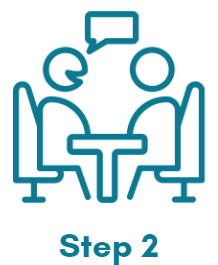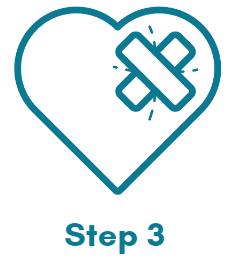What is Emotional Abuse
Emotional abuse is a serious problem that can have along lasting effects that are just as serious as those related to physical abuse.
Emotional abuse can come from parents or caregivers, romantic partners, friends, and colleagues. It can be separate to, or also involve, physical or sexual abuse. Sometimes emotional abuse often precedes or follows other forms of abuse.
Many who experience enduring emotional abuse, such as those who grew up with emotionally abusive parents, might not realize that what they experienced was abuse. That’s because to them, it feels like a natural part of life.
Emotional abuse involves:
 name-calling, insults, continuous criticism
name-calling, insults, continuous criticism- yelling
- shaming or belittling, comparing you to others
- being told that you’re worthless, a mistake, or bad
- witnessing violence against others
- gaslighting/manipulation
- withholding affection as punishment
- threatening to hurt you, your loved one, your pet with or without weapons
- destroying or threatening to destroy your property
Emotional abuse in relationships can further involve:
- partners accusing you of cheating and/or cheating on you and blaming you for the behaviour
- controlling your appearance and behaviour
- telling you that you can’t find better or don’t deserve better
- isolating you from family and friends
- acting jealously or possessively
Often survivors of emotional abuse start to believe that the abuse is their fault or that they deserve the abuse. This comes from the things that their abuser has said to them or from the conclusions that they drew from the abuser’s behaviour. This is also false.
Survivors are never responsible for the abuse.
How Does Emotional Abuse Impact Survivors?
Emotional abuse has short-term and long-term consequences.
In the short-term, or early in the abuse, survivors might experience:
- feeling fearful, confused, guilty, and/or ashamed
- hopelessness related to the situation changing
- difficulty concentrating
- tension,
- somatic symptoms such as head or body aches
- nightmares or intrusive memories
Overtime, these symptoms can persist and intensify. Emotional abuse can further lead to difficulties such as:
- low self-esteem, feeling worthless, and believing the hurtful things that were said to you
- difficulty regulating emotions
- perfectionism and people pleasing
- sleep disorders
- mood and anxiety disorders (eg. depression, generalized anxiety, social anxiety, etc.)
- chronic pain
- substances abuse and addiction
- eating disorders
- post traumatic stress disorder (PTSD) and complex PTSD
- relationship difficulties
- difficulty trusting
- feeling unsafe with others
- recurring patterns of abuse in relationships
- difficulty making relationships
- difficulty being intimate with others or having sex
If left untreated, these difficulties can persist and worsen. Survivors of childhood emotional abuse can struggle well into adulthood. Speaking to a therapist can help you find relief.
How Can New Moon Psychotherapy Help?
 Everyone is impacted differently, our therapists will spend the first session getting to know how the emotional abuse has impacted you and learning your goals. They then create a personalized treatment plan to help you meet these goals.
Everyone is impacted differently, our therapists will spend the first session getting to know how the emotional abuse has impacted you and learning your goals. They then create a personalized treatment plan to help you meet these goals.
Some survivors say that they have no idea what they want, they just want things to be different and better. That’s completely normal. We will work with you to figure it out.
Treatment plans may involve exploring how the abuse has impacted you, learning strategies to regulate your emotions, challenge your thoughts, set boundaries, and create healthy relationships.
It is possible to heal from emotional abuse and to have meaningful and fulfilling relationships.
Get in touch with us for a complimentary 15-minute consultation to learn how we might be able to help.





